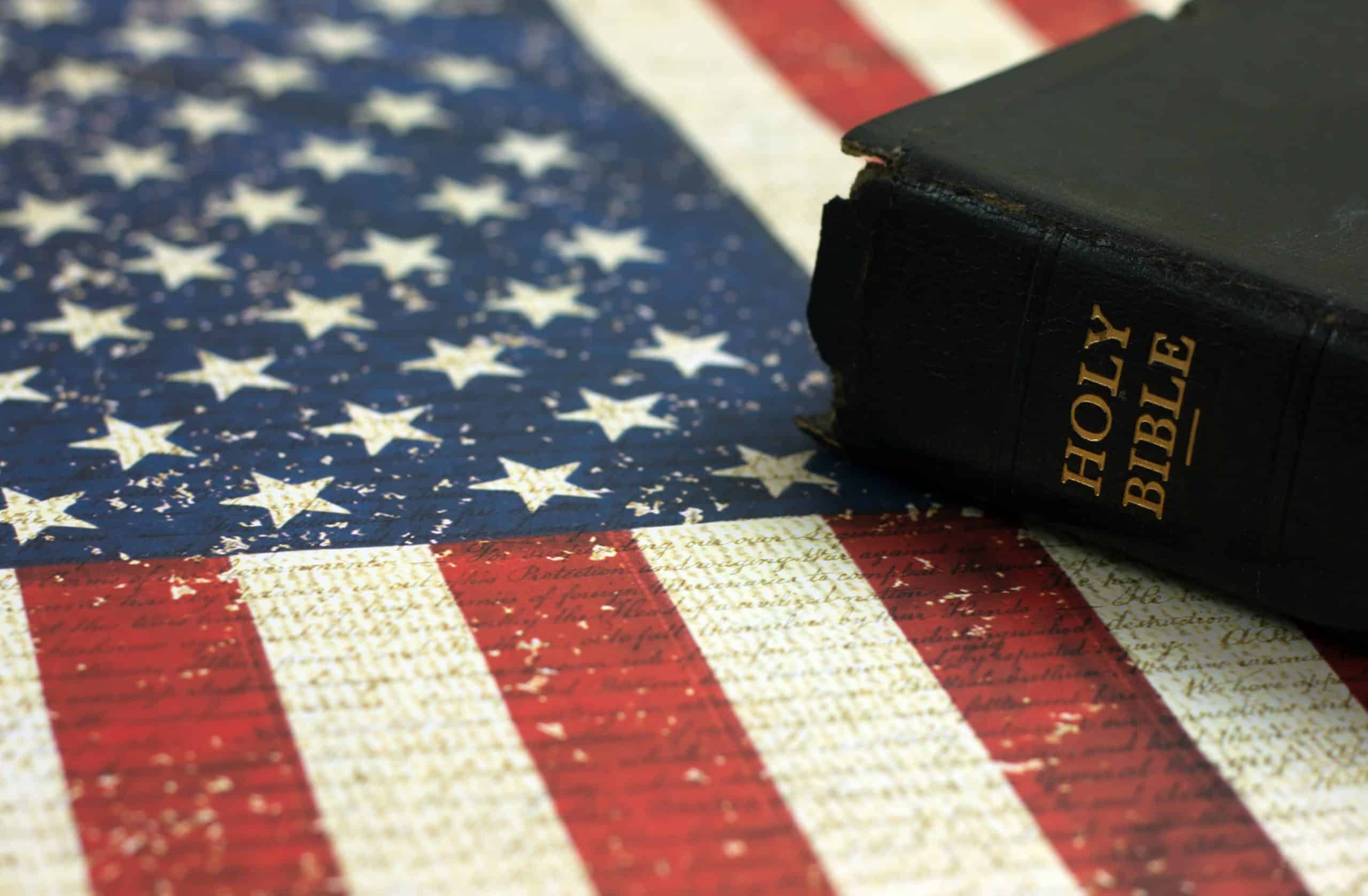The following is adapted from “The Key to Freedom and Liberty, Part 1” a Word Foundations article published May 13, 2021. You can read the full article here.
As Christians, we tend to think of the Ten Commandments as being a set of laws that we as individuals are obligated to obey; and certainly they are, for each one of us is accountable to the God who gave His laws to us. Having come from God, His commands “are absolute,” writes Dennis Prager. They “stand in direct opposition to all relativistic approaches to morality — the notion that each individual or society determines what is right or wrong.”1
Healthy Neighborhoods

It is a commendable thing when one person obeys the laws of God, but think carefully how liberating it is on a corporate or national level when a society revers and obeys them. Let’s think first about this in relation to the last five of the Ten Commandments. If my neighbor will
-
- obey the Sixth Commandment and refrain from killing me,
- obey the Seventh Commandment and respect my marriage relationship to my wife,
- obey the Eighth Commandment and not steal from me or my family,
- obey the Ninth Commandment and not lie about me, and
- obey the Tenth Commandment and not inappropriately desire what isn’t his, then
my rights to life, security in my marriage, property, a decent reputation (assuming I have earned it), and respect for my ownership of what belongs to me — all these rights — are protected, at least as far as my relationship with my neighbor is concerned.
Therefore, the Ten Commandments aren’t just laws to obey, but rights to enjoy.
Therefore, the Ten Commandments aren’t just laws to obey, but rights to enjoy. When you obey them in your relationship with me, you respect my God-given rights; and when I obey them in my relationship with you, I respect your innate rights as well. America’s Founders called such rights “unalienable” in the Declaration of Independence. More on this in just a moment.

Strong Families, Communities, and Nations

Now, suppose all the members of my neighborhood respect and obey the Ten Commandments. Suppose the citizens of the larger community do. Suppose parents do, and suppose their children honor them as the Fifth Commandment instructs. Aren’t all of us freer and safer because of the mutual respect we have for one another’s rights and the strong and stable families that result? Moreover, wouldn’t all of us be better off if we revered God, a matter addressed in the first four of the Ten Commandments?
Why Governments Exist
When an individual refuses to respect God or his neighbor and takes actions that violate his neighbors rights, it is then the government’s responsibility to motivate that person to back off. This is why, in the Declaration of Independence, the Founders declared,
We hold these truths to be self-evident, that all men are created equal, that they are endowed by their Creator with certain unalienable Rights, that among these are Life, Liberty and the pursuit of Happiness. — That to secure these rights, Governments are instituted among Men, deriving their just powers from the consent of the governed.
In light of this statement, it should be obvious that it’s also the government’s responsibility to respect my rights as far as it is concerned. It should create and maintain to the greatest degree possible unhindered environment for me to exercise my God-given rights (often called “negative rights” by social scientists). When it does this, it is, simultaneously is fulfilling its God-ordained duty to maintain order by rewarding or commending those who do right and punishing those who do wrong (see Rom. 13:1-7; 1 Pet. 2:13-17; 1 Tim. 2:1-4).
Copyright © 2022 by B. Nathaniel Sullivan. All rights reserved.
top image credit: Lightstock
Note:
1Dennis Prager, Exodus: God, Slavery, and Freedom — The Rational Bible, (Washington, DC: Regnery Faith, 2018), 220, 221.
